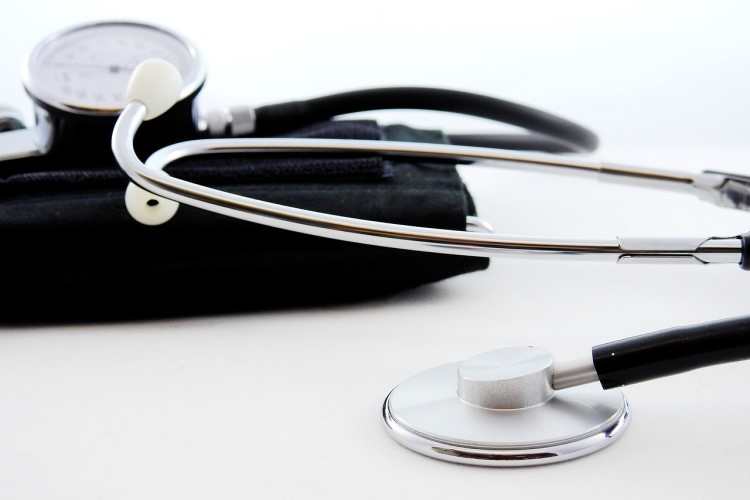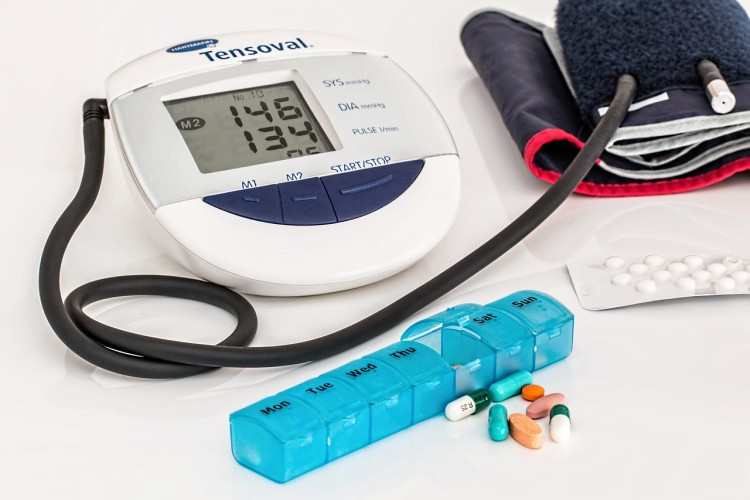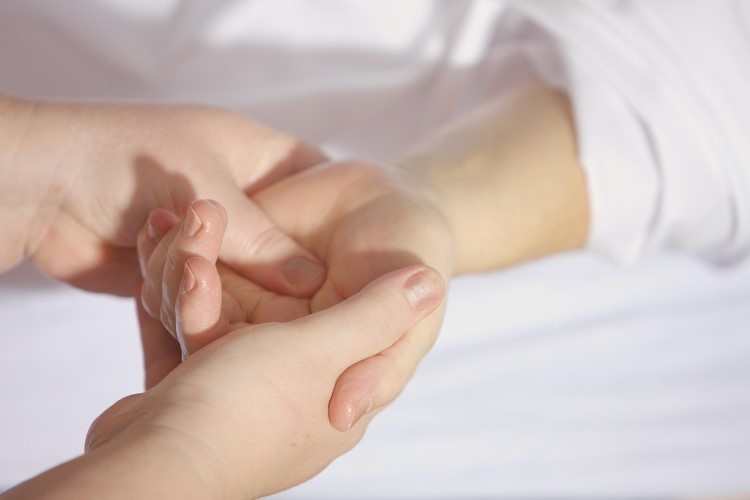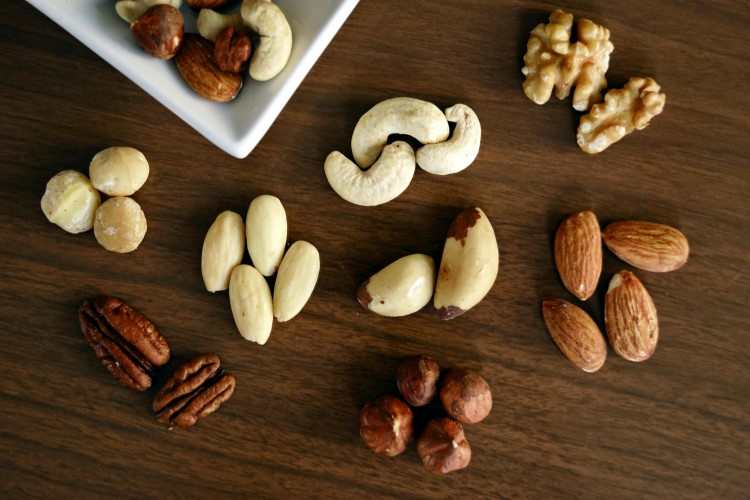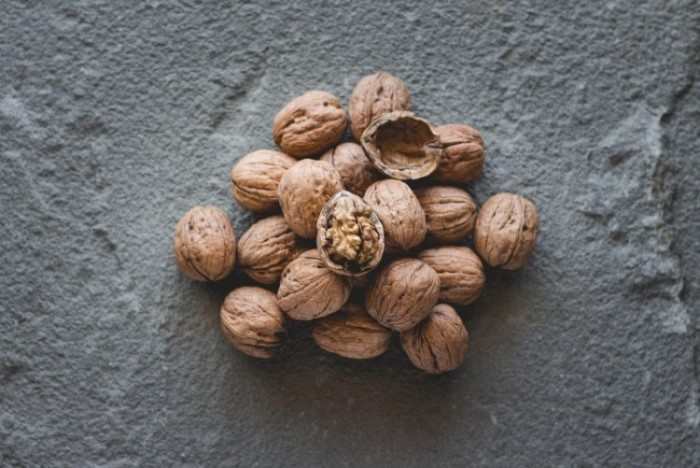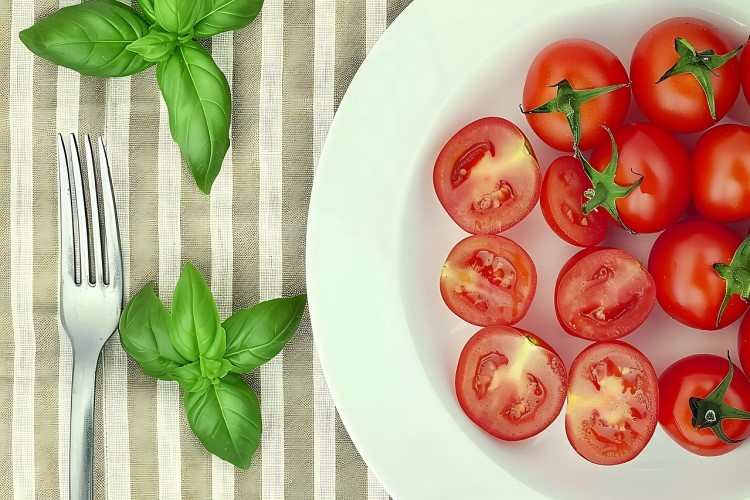
So how do you make up for vitamin B? Food or medicine?
Vitamin B is best obtained from natural food sources,and dietary supplements are always preferred over medicinal supplements.
Vitamin B is a family of vitamins, including B1, B2, B3, B5, B6, B7, B9 (folic acid), and B12, which act as coenzymes in the body and are responsible for almost all chemical reactions in the body's metabolism. making them crucial to everyone's life activities.
Although vitamin B is important, it can be difficult to determine if you are deficient or not. Vitamin B deficiency has almost no obvious symptoms, but slowed gastrointestinal motility, decreased appetite, fatigue, restlessness, and insomnia. At first glance, it sounds like you have all of them and none of them, so how can you tell?
Medical diagnosis of vitamin B deficiency focuses less on symptoms and more on dietary patterns.
The foods that are richest in vitamin B are mainly whole grains, such as brown rice, whole wheat, oats, corn, legumes, dairy products, and some meats. while white flour, refined rice, fruits, and vegetables are low in vitamin B.
Here are a few more tips on how to take vitamin B supplements:
Firstly, to better absorb vitamin B, avoid consuming coffee/tea right after meals. For example, caffeine and theophylline in coffee/tea antagonize B1 absorption**, thus affecting absorption. Therefore, it is recommended that you drink an hour after the meal.
Second, avoid refined processing.
Refined wheat flour loses 38-73% of B2 compared to wholemeal flour, the loss of vitamin B2 is 33-57 percent in white rice and 60-75 percent in various corn-milled products. Processing also reduces pantothenic acid in wheat/corn by over 50%.
Firstly. it is important to ensure all age groups meet vitamin B needs and if you are used to eating refined rice and white flour, it is advisable to transition to whole grains. Take B3, the most needed of the B group. adult men need 13-15mg per day, equivalent to 3 wholemeal buns, or 4 sticks of corn. A daily intake of whole grains/cereals meets vitamin B requirements.
If you really can't eat grains, then consider taking a supplement. Unlike vitamin A, you can take it in the doses you need without worrying about the upper limit. Excess B vitamins are excreted through urine.
To summarize, vitamin B should be taken by the whole family. three daily meals with coarse grains suffice, and then buy supplements if you don't have enough.
LATEST POSTS
- 1
 The three dimensions of health: complete physical, mental, and social well-being
The three dimensions of health: complete physical, mental, and social well-being - 2
 How much impact can small actions have? Health is all about action, so take action now!
How much impact can small actions have? Health is all about action, so take action now! - 3
 Electric Toothbrushes: 5 Key Benefits You Should Know
Electric Toothbrushes: 5 Key Benefits You Should Know - 4
 The Science of Toothpaste: How to Choose the Right Toothpaste for Oral Health
The Science of Toothpaste: How to Choose the Right Toothpaste for Oral Health - 5
 Electronics and Blue Light Protection, Headphone-Induced Hearing Damage: Assessing the Health Impact of Electronics
Electronics and Blue Light Protection, Headphone-Induced Hearing Damage: Assessing the Health Impact of Electronics
 What’s the Best Average Weekly Sleep Duration?
What’s the Best Average Weekly Sleep Duration? Purpose Decides Your Results: Selecting the Appropriate Exercise
Purpose Decides Your Results: Selecting the Appropriate Exercise Reducing Risks Associated with Extended Sitting
Reducing Risks Associated with Extended Sitting Gentle Skin Cleansing: Avoid Too Much Friction
Gentle Skin Cleansing: Avoid Too Much Friction Skincare Basics: The Skin Barrier
Skincare Basics: The Skin Barrier How to Select Thoracic Spine Protection Tools
How to Select Thoracic Spine Protection Tools Light Fasting, the Anti-Aging Switch for the Age of Longevity
Light Fasting, the Anti-Aging Switch for the Age of Longevity Life Lies in Movement: Understanding Exercise Correctly
Life Lies in Movement: Understanding Exercise Correctly Postural problems affect the organs and when is the best time for postural management?
Postural problems affect the organs and when is the best time for postural management?
